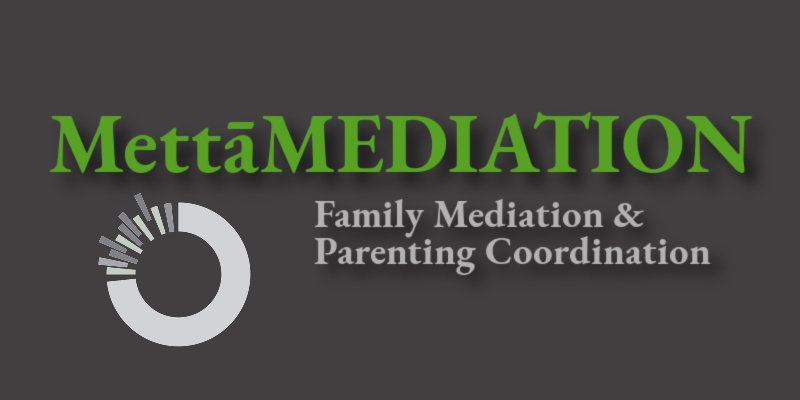THREE MODELS OF PARENTING COORDINATION
Parenting Coordination comes with some options. Here is a brief overview of three models:
THE CLASSIC MODEL - In this most-common modality, the process is divided into two phases: the consensus-building and education phase, and the decision-making phase. For each issue in dispute, the Parenting Coordinator first attempts to resolve it with the parents through dialogue, negotation, the exploration of various potential solutions and, hopefully, resolution. If the parents still cannot agree, the Parenting Coordinator makes a decision for the parents, as an arbitrator. In this classic model, the Parenting Coordinator’s role is multi-faceted and multi-disciplinary, and importantly, includes decision-making in areas of the PC’s jurisdiction. Such decisions are binding and can be enforced.
THE MEDIATIVE MODEL - Unlike the classic model, Mediative Parenting Coordination does not include the decision-making phase. While in all other respects, this model is identical to the classic model, in the sense that it includes strong education, parenting plan interpretation and case management components, the Parenting Coordinator does not make decisions for the parents in the event of an impasse. Such decisions are left to family court.
THE TWO-PERSON MODEL - This model is finding increasing use among parents needing assistance with managing, implementing and interpreting their parenting arrangements (whether in the form of a separation agreement, a parenting plan, a court order or an arbitration award). Here, two professionals work with the parents, and each has a specific area of involvement in the process. One professional works with the parents in the consensus-building and education phase, acting essentially as a mediator, and the other becomes involved only when the parents require a decision to be made on an issue, acting as an arbitrator. Often, the choice of professionals involved is based on their unique skills sets. For example, the mediator might be a mental health professional, and the arbitrator might be a lawyer. Interested in learning more? Consider reading this article.
